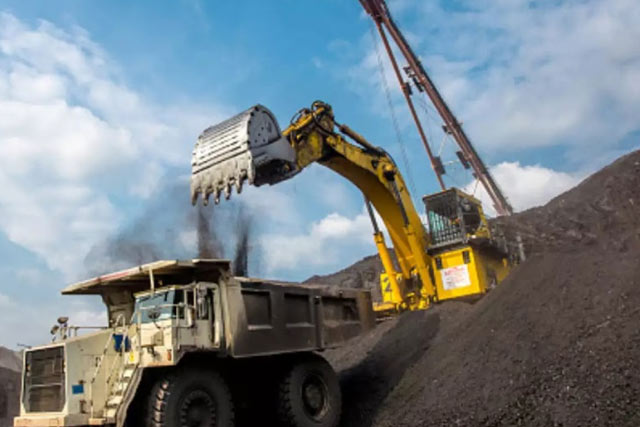China imported 4.76mn of coking coal in May, down 23pc from 6.21mnt in April and down 19pc from the previous year, according to Chinese customs data. January-May imports increased by 3pc to 30,78mn.
China has limited Australian coal imports to support its domestic thermal coal markets, and coking coal has also been affected since China’s state-sponsored coal transport and distribution association called for tighter restrictions.
Seaborne imports increased by 28 pc to 3.1 mn t in May from a year earlier, a slower pace than imports of more than 5 mn t in March and April.
Australian imports increased from a year earlier by 50pc to 2.07mnt. But it was less than half the 4.47mn in April. January-May the Australian imports increased by 76pc to 20.76mn t, already two-thirds of the total Australian imports by 2019 to 30.94mn t.
The fall of April came after Chinese customs slowed the clearing of cargo at the main ports in China. Wide price premiums on China’s domestic market have undermined the restrictions. Decreased demand for ex-China coal has also forced Australian coking coal producers to divert sales to other key consumers, such as India and Japan, which are still affected by Covid-19 lockdowns.
The Argus spot price assessment for premium low-volatile hard-coking coal averaged $115.06 / t fob Australia in May, down 12pc from $130.41 / t a month earlier.
Mongolian imports decreased by 52 to 1,71 million tons compared to the previous year, but more than doubled from 775,241 tons in April. Mongolia reopened its border at the end of March, after stopping shipments during its lockdowns.
Ships from Canada rose from a year earlier and from April to January-May to a total of 88pc to 2.26mnt. Russian imports decreased by 37 pc from the previous year and by 38 pc from April. In January-May, Russian imports were up by 3pc from the same period a year earlier.



































